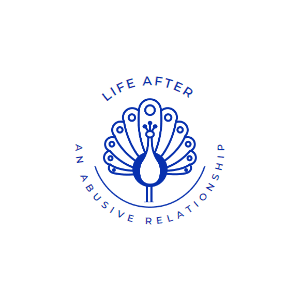If you're facing the prospect of a separation or divorce from an abusive partner and there are children are property involved, you're about to dive into the meat grinder of family court. Stay on top of it with these family court tips.
1. Everyone loses in family court (except maybe the lawyers).
Divorce is emotionally, mentally and financially draining. What's more, it's impossible for each side to get the outcome they want and even if you do, you'll probably pay for it in lawyers' fees.
2. You may be in the right but it doesn't matter in family court if you can't prove it.
The court cares about evidence, not emotions or personal beliefs. It's not enough to know you're in the right; you must provide concrete evidence to support your claims. Learning how to document evidence and classify it is essential.
3. Your lawyer isn't your buddy, your therapist or your mentor
Your lawyer's job is to provide legal advice and representation in family court. It's not to give you emotional support or guidance on life decisions. Keep the relationship professional (and friendly if your lawyer is nice) and look for emotional and therapeutic support elsewhere. This way, you'll get the most out of your lawyer.
4. You might be the nicest person in the world but to the family court judge, you're a blank slate
Family court judges see countless cases, and they don't have a personal relationship with the people involved. So, you need to keep your side of the street clean, present yourself in the best possible light and be respectful. And speaking of keeping your nose clean…
5. You're not communicating with your ex, you're communicating with the judge
Every written communication you exchange with your ex can potentially be presented in family court. Stay respectful, clear, and concise in every interaction. Don't let emotions dictate your responses. Don't get caught up in blame games. Always assume that a judge or your ex's lawyer is going to read your words.
This way you'll maintain a strong position and avoid potential pitfalls in your case.
6. Parental alienation allegations trump evidence of abusive parenting
This is a sad, but true fact in many family court systems around the world, even though things are starting to change in some systems. For instance, in Canada, judges now have to take family violence into account in deciding the best interests of the child. Still, judges have their biases and all too frequently they discount actual evidence of intimate partner violence when allegations of parental alienation are made against the victim of intimate partner violence.
7. Focus on your life goals, not on winning a legal battle
It's easy to get caught up in the heat of the moment and feel the urge to “win” at all costs, especially if your lawyer is escalating the conflict to drive up their fees. What's harder is focusing on the bigger picture: your well-being, your future, and your kids' happiness. Prioritize long-term happiness and stability over short-term victories. While your ex might be focused on “winning” the battle, you'll be focused on winning the war —building a brighter, happier future for yourself.
Your best chance of getting through a divorce or custody battle after an abusive relationship is to get help as soon as possible from a certified high-conflict divorce coach. We've been through this harrowing experience ourselves and we're trained to guide you through the challenges of divorcing a narcissist or other high-conflict individual.
If you're on the brink of separating from a high-conflict individual, arm yourself by booking a consultation and and we'll work out a strategy to get you started out on the right foot.


Quebec law also imposes an obligation to seriously explore the possibility of mediation or alternative dispute resolution. Although not mandatory an experienced family attorney should recommend what is known as a settlement conference except in cases of physical violence.